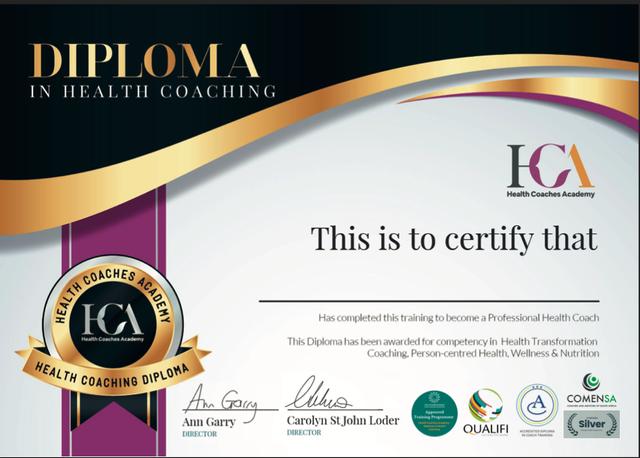Marlien Wright
About Marlien Wright Hiello I’m Marlien. I am the author two books (Jacana Media), certified health coach, Kinesiologist, yoga and Pilates teacher, as well as most recently the host of a podcast. I help my clients clarify and cultivate the mindset & habits that lead to greater expansion, letting go f limiting beliefs, improved mood & energy, and greater connections with their loved ones. When we have the courage to change ourselves, our world can change. I believe that magnificent shifts can happen when we become willing to start visioning & choose differently for ourselves. My super powers are over 18 years of experience, a comprehensive set of wellness tools (meditation, breath work, pilates & yoga, muscle testing, DNA Anylisis and more) and relentless support. |



Marlien Wright doesn’t have reviews yet.
Click the button below to leave the first one!
Restorative & Tension Releasing Yoga
Overview
Hello, I teach restorative yoga for tension & trauma release. Classes are slow and relaxing, incorporating movement and breath-work to calm the nervous system.
Target audience
I specialise in teaching 40 + year old clients
Benefits
Tensi… continue

New article The science behind the importance of getting sufficient sunlight. already available! Read it now
New session Restorative & Tension Releasing Yoga already available! Book it now
New article How to Master Blood sugar Balancing for your best Health. already available! Read it now
New article Why cooked apples is a superfood for your gut-health. already available! Read it now